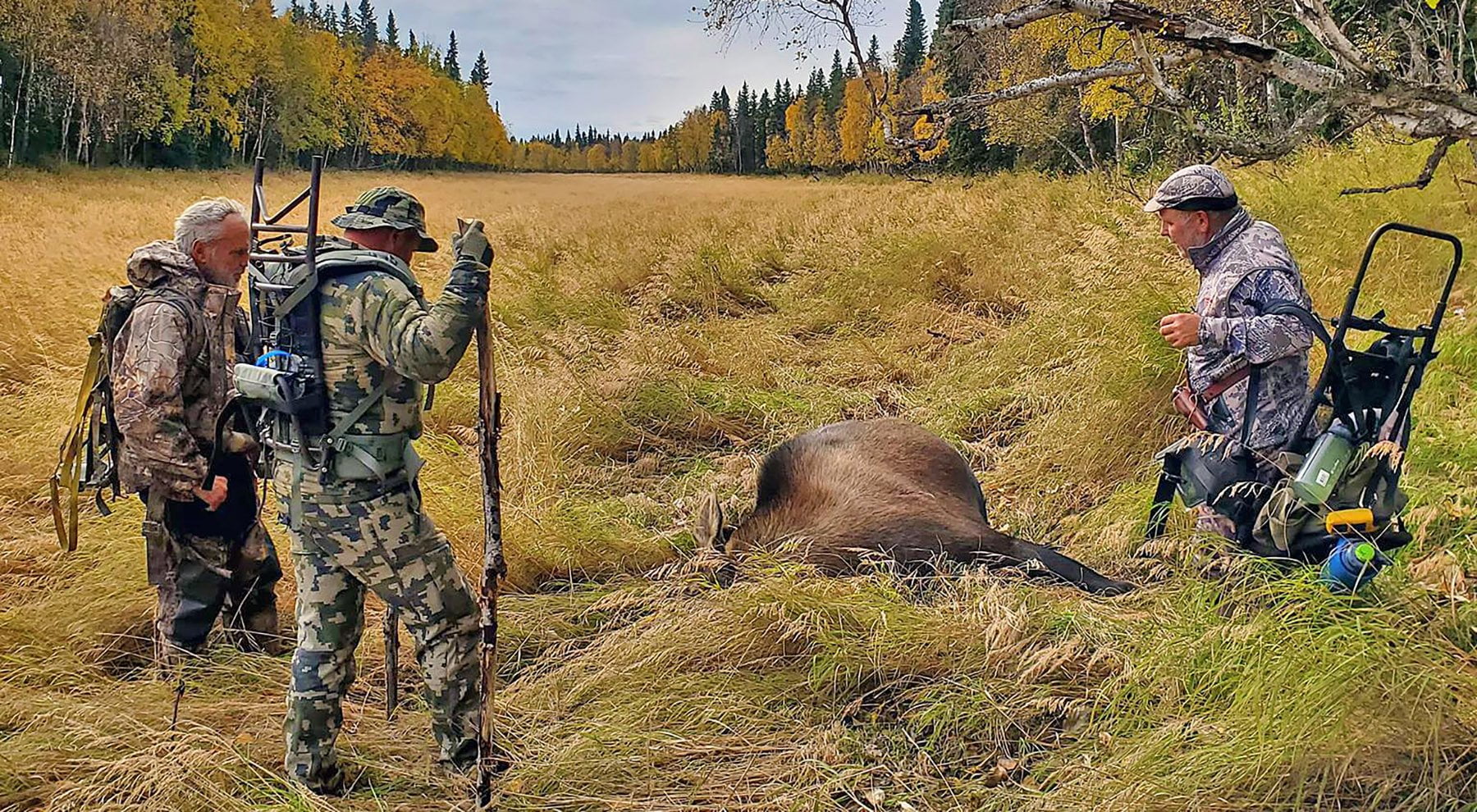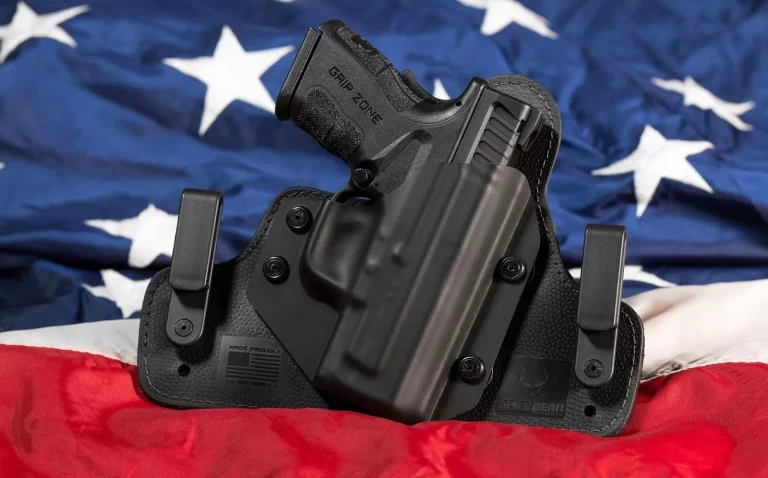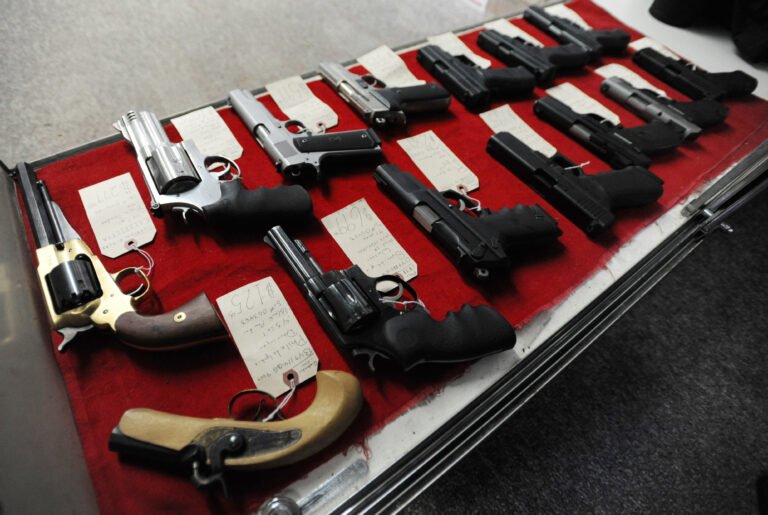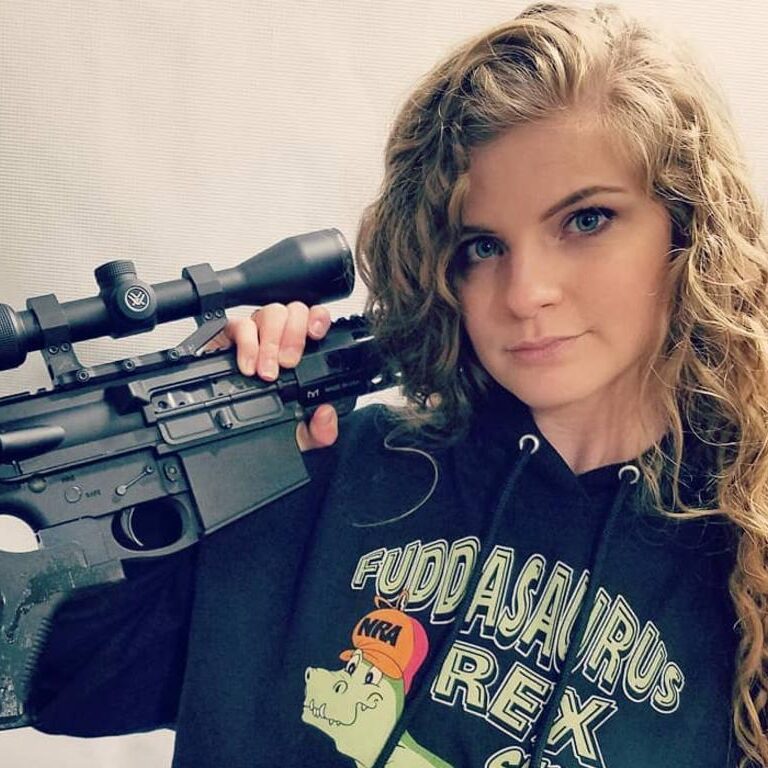Alaska Hunting
Alaska, often referred to as the “Last Frontier,” offers unparalleled hunting opportunities for both residents and non-residents. With its vast wilderness, diverse ecosystems, and abundant wildlife, it’s no wonder that Alaska is a dream state for hunters across the nation.
In this article, we will explore the various hunting opportunities in Alaska, the state’s hunting regulations, licensing and permit requirements, popular game species, the 2020/2021 hunting season, and available hunting lands for lease and sale.
Alaska Hunting Regulations
Before embarking on any hunting adventure in Alaska, it’s crucial to understand and abide by the state’s hunting regulations. These regulations, including gun laws, are put in place to ensure the conservation and sustainable management of wildlife.
Some key regulations include:
Discharging Firearms from Highways
Hunters are not allowed to discharge firearms from highways, motorways, or constructed roads while hunting in Alaska.
Prohibition of Molestation of Games
Activities such as herding, harassing, or using vehicles like aircraft, motorboats, and airboats to molest games are strictly prohibited, with a few exceptions.
Alaska Hunting Trips
Many outfitters offer guided hunting trips in Alaska, providing transport, gear, and guides to remote areas rich with game like moose, caribou, bear, and Dall sheep. Prices vary greatly based on services.
Alaska Hunting License Cost
For residents, basic hunting licenses in Alaska range from $10-$45 depending on the game type. For non-residents, licenses cost $85-$650 or more for trophy species. Additional tags, stamps, and fees may also apply.
Use of Motor-Driven Boats and Land Vehicles
Motor-driven boats or land vehicles are not allowed unless they have been powered off. There are exceptions for using these vehicles to hunt wolves with a permit, and motor-driven boats can also be used for hunting caribou.
Use of Snow Machines
Hunters are allowed to use snow machines for hunting caribou, wolves, and bears. However, certain rules must be followed, such as maintaining a minimum distance to the game, speed limits, and other safety measures.
Prohibition of Electronic Tasers and Poisons
The use of electronic Tasers to weaken games or wildlife prior to hunting and the use of poison or similar substances to disable or incapacitate wildlife without permission is strictly prohibited.
Archery and Firearms Restrictions
Hunters using archery equipment must comply with regulations limiting the use of bows that fire more than one arrow at a time. Firearms such as shotguns, machine guns, and set guns with more than 10 gauges are also prohibited.
Vehicle Pursuit of Running Game
Hunters are not allowed to pursue running game or wildlife with any type of vehicle.
Prohibition of Aircraft Usage
Using a helicopter or any other type of aircraft for hunting purposes, shooting at games, transporting games or hunting equipment, or rescuing hunters is strictly prohibited, except for specific emergency situations.
Use of Artificial Lighting and Traps
The use of artificial lighting, traps, and snares to hunt or capture fur and big games is prohibited, with exceptions for certain species and situations.
Wireless Communication and Lures
Using wireless communication devices for hunting purposes is prohibited before 3 a.m. of the day after using the device, except for specific circumstances. The use of game animals’ urine and scents as lures is also not allowed.
Alaska Hunting License Permits and Tags
To hunt in Alaska, hunters must obtain the necessary licenses, tags, and permits issued by the Alaska Fish and Game Department. These permits vary depending on the type of game and hunting activities.
Alaska Hunting License Online
Alaska offers the convenience of purchasing required hunting licenses and tags online through the Alaska Department of Fish and Game website. Both residents and non-residents can order licenses online.
Big Game Locking Tags
Non-resident hunters must purchase specific locking tags for the big games they wish to hunt. These tags are attached to the animal after it is taken down and remain on it throughout processing and exportation.
Waterfowl Stamps
To hunt waterfowl, hunters need both a federal duck stamp and an Alaska duck stamp. Certain regions may also require additional permits for capturing or hunting waterfowl.
Drawing Permits
Residents can apply for drawing hunting permits, while non-residents can participate through a lottery organized by the Alaska Board of Games.
Registration Permits
Residents can obtain registration permits for specific hunting activities.
Small Game Permits
Certain areas in Alaska may require permits for hunting small games.
General Season Tickets
Hunters must purchase tickets, tags, licenses, and permits to hunt and purchase big games during the general seasons.
Target Hunting Permits
Residents may obtain permits to hunt and capture animals that pose a threat to the general public or are expected to die from injuries.
Auction Permits
Alaska started auctioning permits for big games, providing a chance for lucky applicants to obtain these permits.
Popular Alaska Game Species
Alaska is home to a wide range of big game species, making it a paradise for hunters. Some of the most popular game species include:
Alaska Bison Hunting
Alaska has two types of bison: large wood bison and plains bison. Drawing permits and licenses are required for hunting these animals, with some exceptions for private herds on Kodiak Island.
Alaska Black Bear Hunting
Black bears are widely dispersed in Alaska and can be hunted in both spring and fall seasons. Spot stalk and baiting methods are commonly used for hunting black bears.
Alaska Brown Bear Hunting
Brown bears are larger than black bears, and regulations for hunting them are similar. Hunting can be done with archery, muzzleloaders, and rifles.
Alaska Caribou Hunting
Caribou are fascinating game species as they are herd animals with vast migration patterns. Hunting opportunities are not limited to specific regions.
Alaska Dall Sheep Hunting
Dall sheep are typically found in mountainous regions, and hunting in these areas is often done from the road or via aircraft.
Alaska Deer Hunting
The blacktail deer is the only deer species in Alaska, primarily found in the southeast region.
Alaska Elk Hunting
Alaska has two elk species: Rocky Mountain elk and Roosevelt elk, mostly occurring in the southeast part of the state.
Alaska Goat Hunting
Mountain goats are popular in the southeast and south-central regions of Alaska, offering breathtaking hunting opportunities.
Alaska Moose Hunting
The Alaska Yukon Moose is the largest terrestrial mammal in North America and provides exciting hunting experiences.
Alaska Muskox Hunting
Muskoxen numbers have reduced, but hunting opportunities are still available, often requiring drawing permits.
Alaska Wolves Hunting
Wolves are common in the state but are challenging to hunt due to their intelligence and pack behavior.
Alaska Hunting Season 2020/2021
Alaska’s hunting season is unique due to the abundance of big game species and the varying hunting zones with different seasons. The 2020/2021 hunting season included specific dates for various wildlife, such as bears, caribou, moose, wolf, wolverine, and small game species. It’s essential for hunters to be aware of the bag limits and residency restrictions.
Alaska Shooting Range
The Alaska Fish and Game Department provides three shooting ranges for training and practice:
- Rabbit Creek Shooting Park in Anchorage
- Fairbanks Hunter Education Indoor Shooting Range
- Juneau Hunter Education Shooting Complex
Alaska Hunting Lands for Lease and Sale
Hunting lands are available for lease and sale in Alaska, offering hunters access to prime hunting territories. Some properties are suitable for various game species, including waterfowl, moose, black bear, and small game.
Conclusion
Alaska offers an unparalleled hunting experience with its diverse wildlife, vast landscapes, and exceptional hunting regulations. From hunting big game species like moose and caribou to pursuing black bears and wolves, Alaska has something to offer every passionate hunter.
However, hunters must ensure they have the appropriate licenses and permits and comply with the state’s hunting regulations to preserve and protect the natural resources for generations to come.
FAQs;
Q1: Are non-resident hunters allowed in all hunting seasons in Alaska?
Non-resident hunters may face restrictions in certain years or seasons where game numbers are limited. It’s essential to check the specific regulations before planning a hunting trip to Alaska.
Q2: What are the popular hunting methods for black bears in Alaska?
Black bears in Alaska are commonly hunted using the spot and stalk method or through bait stations. However, hunters must follow regulations before baiting bears.
Q3: Can residents over the age of 60 or disabled veterans hunt without a license in Alaska?
Yes, older residents aged 60 or above and disabled veterans living in Alaska can participate in fishing sports without a license. However, they must possess a valid Alaska identification card.
Q4: How do residents apply for drawing hunting permits in Alaska?
Residents can apply for drawing hunting permits from November to December each year. The Alaska Board of Games organizes a lottery for non-residents to obtain these permits.
Q5: What types of big game locking tags are available in Alaska?
Non-resident hunters must purchase specific locking tags for the big games they wish to hunt, such as brown bears and muskoxen. These tags must be attached to the animal after it is taken down and remain on it throughout processing and exportation.
Q6: Is hunting free in Alaska?
No, proper hunting licenses and tags are required in Alaska. However, Alaska does have millions of acres of public land open to hunting at very low or no cost for access compared to many other western states.
Q7: Can foreigners hunt in Alaska?
Yes, non-resident foreign hunters can obtain Alaska hunting licenses. Both guided and unguided hunting are allowed with proper licenses, though some restrictions apply for specific high-demand big game species.
Q8: Why do people hunt in Alaska?
Alaska offers abundant big game, wide-open public spaces, and true wilderness hunting experiences unavailable in the lower 48 states. Species like grizzlies, moose, caribou, and Dall sheep draw hunters from around the world.






